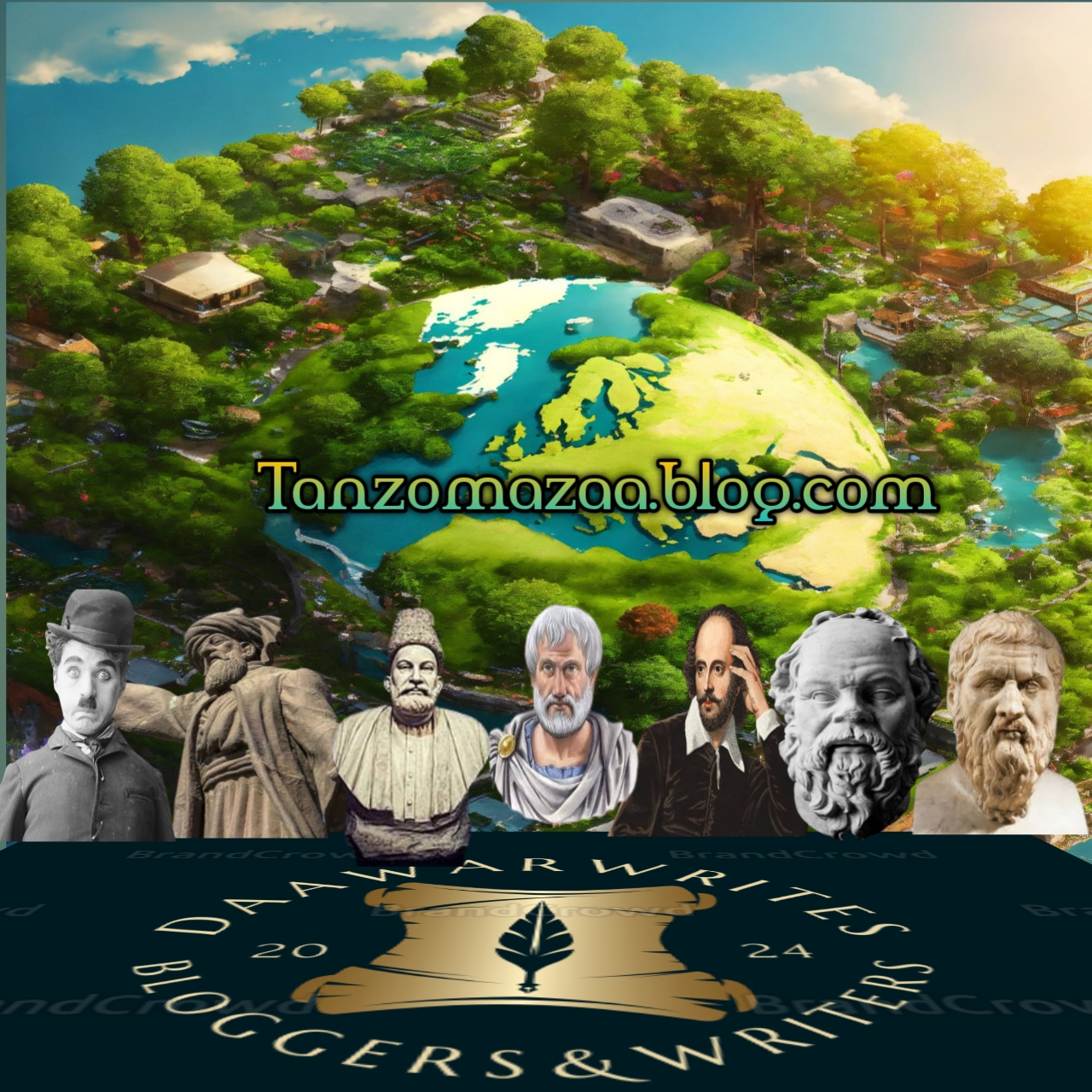Despite the fact that both China and Japan were Confucian cultures, why were warriors vilified in China but exalted in Japan?
What China are you referring about, exactly? China does not "hate" soldiers. Chinese history, culture, and myth actually adore countless great warriors. Guan Yu, as an illustration. Or, a more pertinent example, compare Xiang Yu and Liu Bang: the former has been exalted and idealised as heroic warriors since the second century BCE, while the latter has been defamed for almost as long.
Guan Yu's sculpture of a warrior is seen above, in case you missed the enormous ass blade.
Now, the Chinese were among the first to realise the importance of keeping the military and civil administration distinct. A lesson that the West would not grasp until, perhaps, the 17th century. Look at the USA today. The armed forces are nonpartisan. That doesn't mean people in America "hate" the military, do you think?
Japan, on the other hand, had a military administration from 1192 to 1867. With regard to political advancement, it's a significant step backward. This sparked a civil war that lasted essentially forever until the Tokugawa shogunate finally succeeded in kidnapping prisoners from every lordship in Japan. Sengoku was exceptionally brutal, but the conflict between some warlords was practically constant.




.jpeg)

.jpeg)

0 Comments